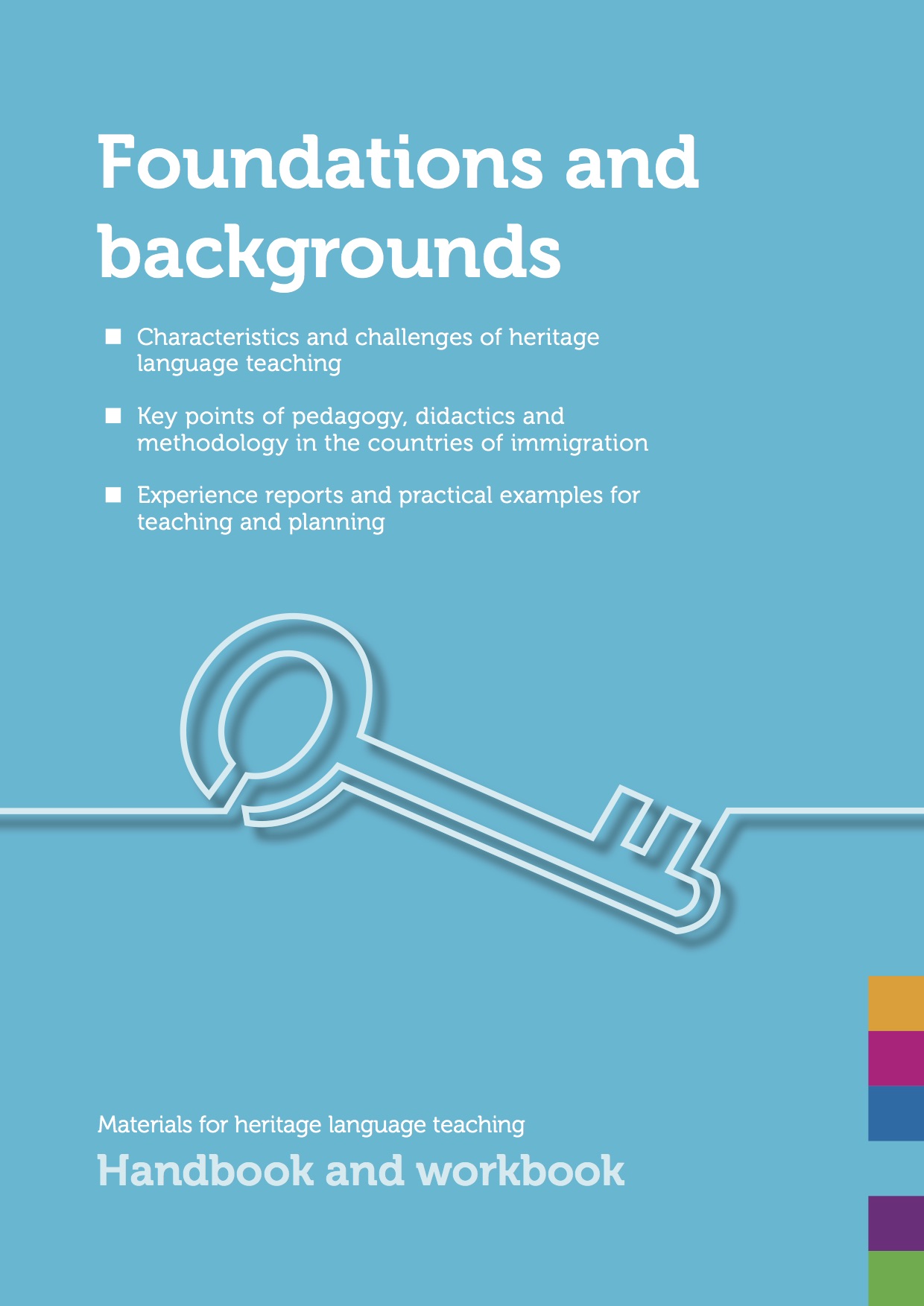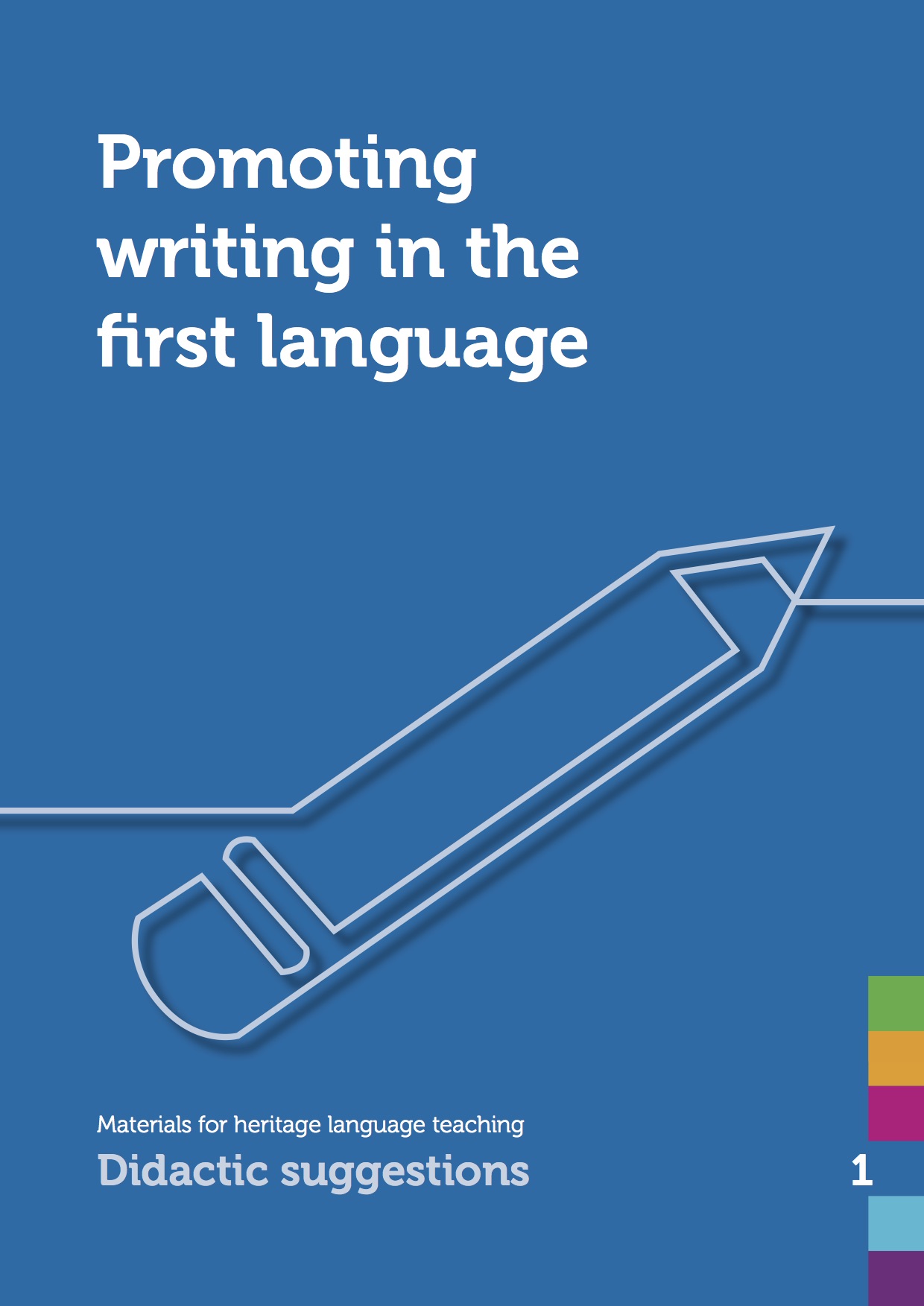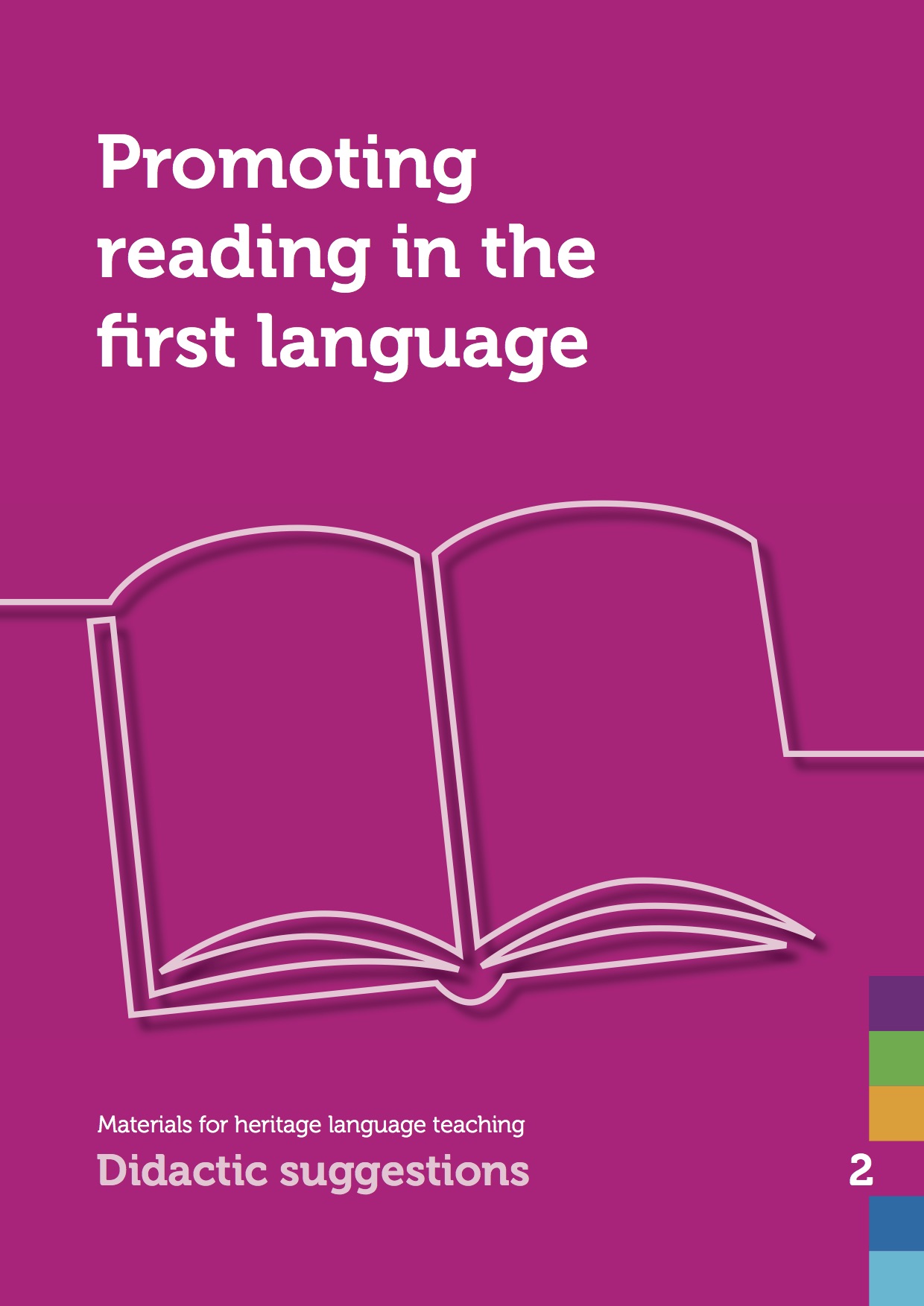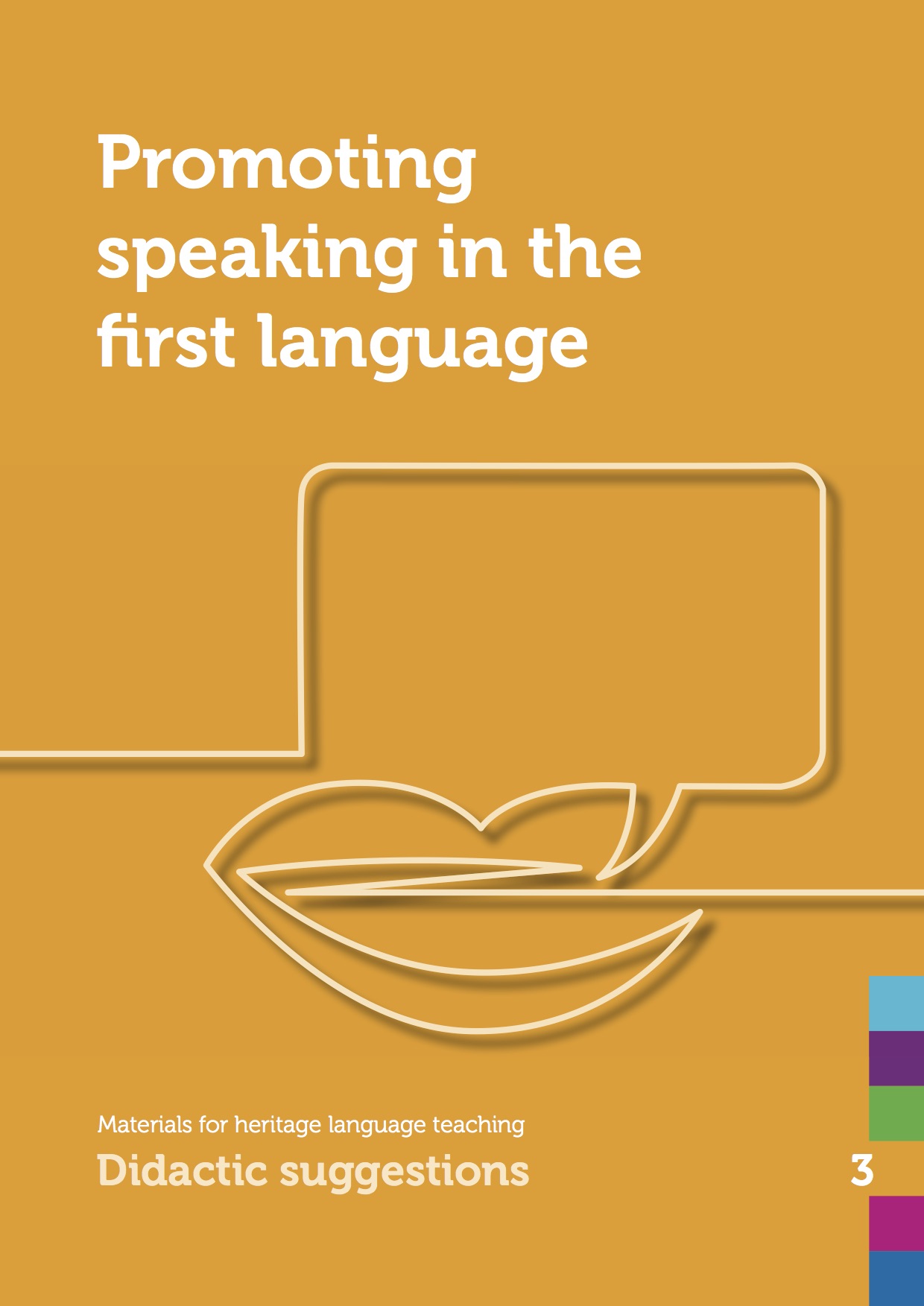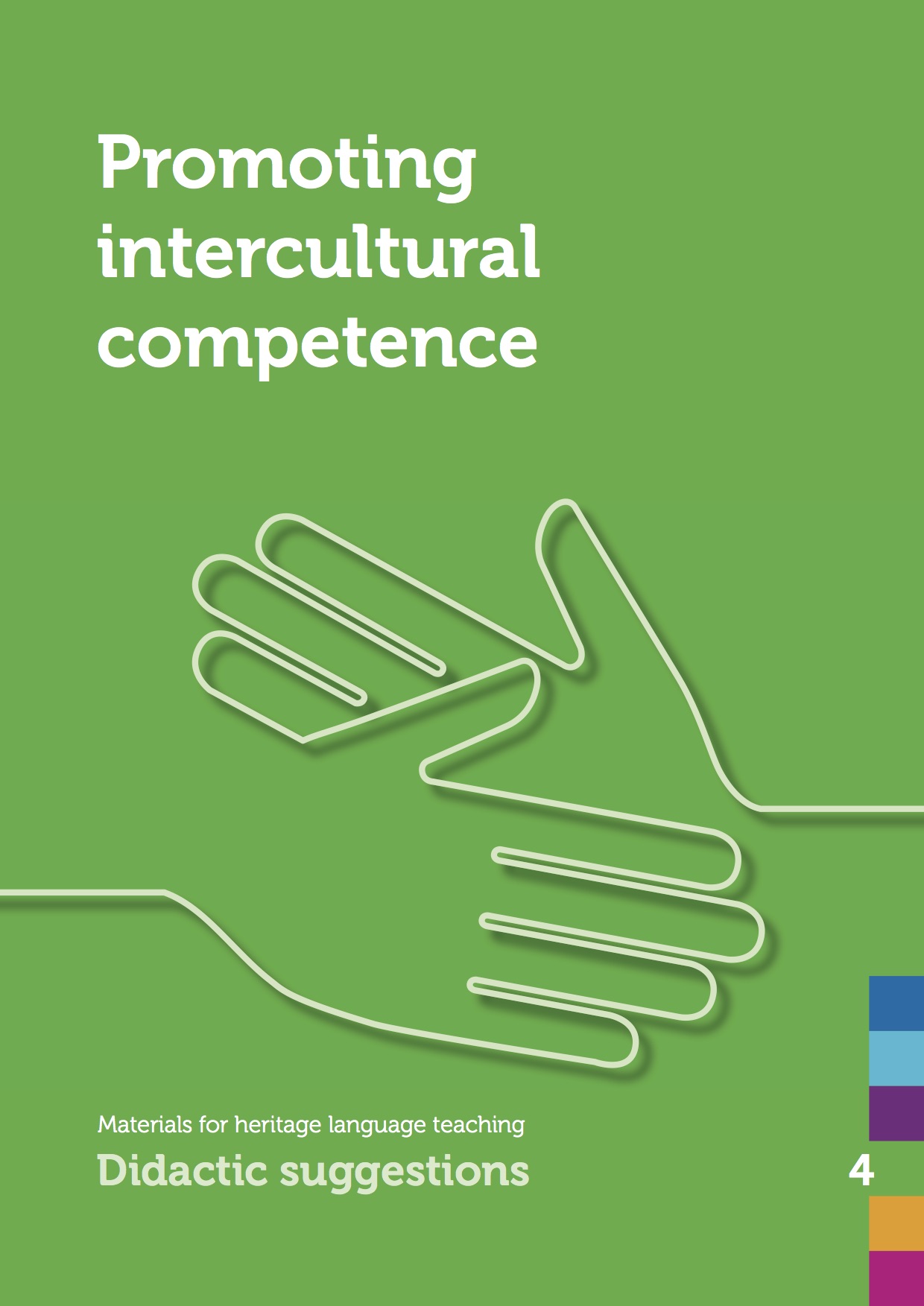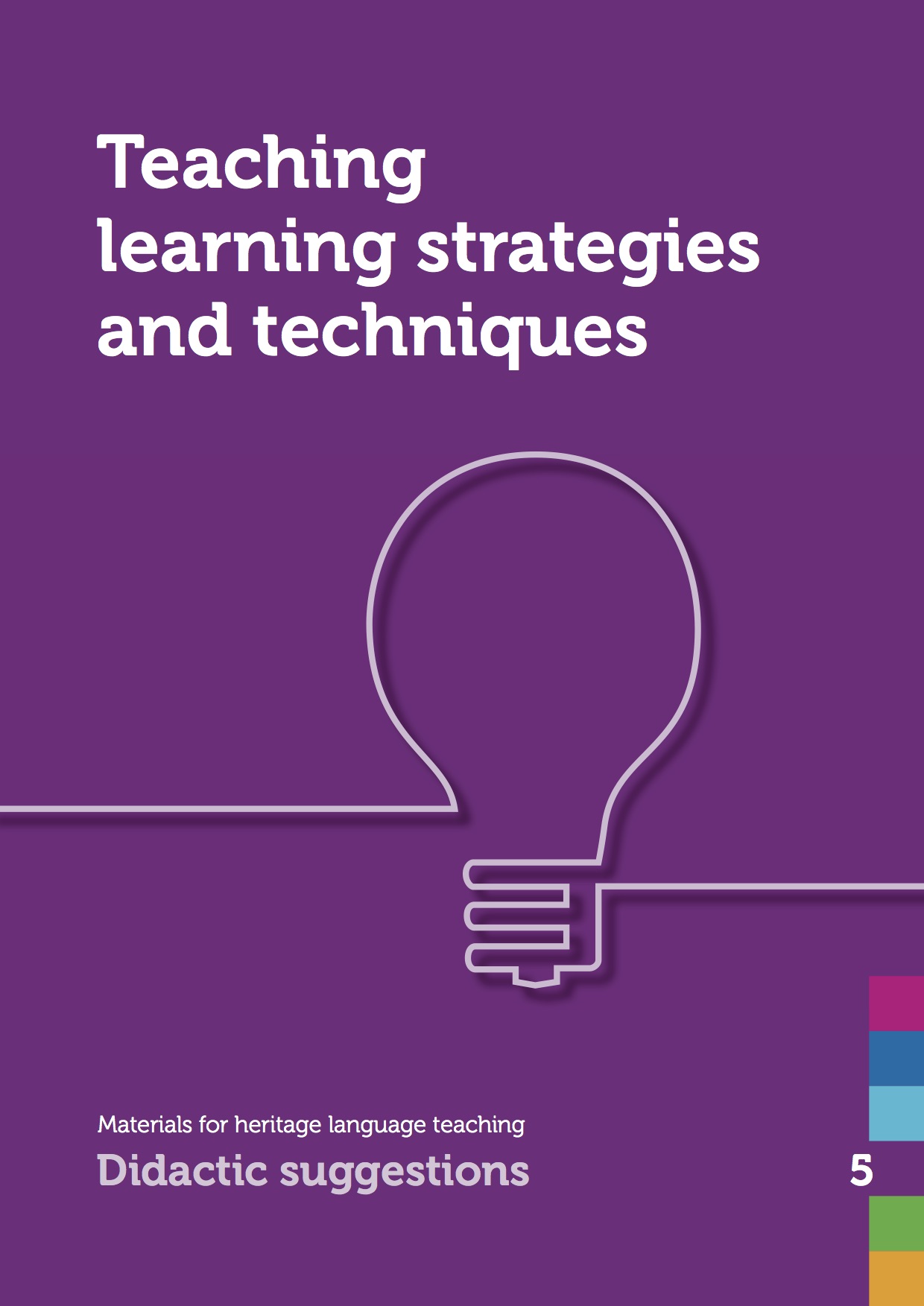(Topical comparisons to “Selecting adequate teaching and learning forms” as well as lesson planning in chapters 4 B, 5 B, 7 B, 8 B, 9 B, 10 B, 11 B, 12 B!)
1. Kemajl Çallaku: Implementation of different teaching and social forms in a double lesson with the topic “Friendship, preconceptions, life together”, classes 5 –10.
Kemajl Çallaku hails from Kosovo/Kosova. He has been living in Germany for 22 years (Arnsberg, North-Rhine -Westphalia) and has taught as HLT instructor for Albanian for 17 years.
Preliminary remarks
The context of the double lesson is the work on the topic «life (together-) in the school».
The learning group is comprised of 15 girls and 11 boys, ranging from 5th–10th grades. The students attend HLT voluntarily and are motivated, even though the class takes place in the 7th and 8th hour of their school day. Student performance is very heterogeneous.
The lesson topic is closely related to the experiences and living environment of the students. It is very well suited for application in communicative forms of learning. Most of all, I would like to try out the teaching method “group of experts” where different groups of students discuss one aspect of a theme, and then share their insights in newly formed, mixed groups.
Goals
- Content-related: the students should gather and discuss experiences about living together and friendship, as well as notions of bias, problems and their solutions and discuss them with respect to their own life reality.
- Social: In terms of the topic itself, but most of all by working in performance-heterogeneous groups, the students should learn to take an interest in each other and to support one another.
- Linguistically: Be able to orally express (to a certain extent also in writing) their own thoughts, about rather demanding topics.
- In terms of learning behavior and techniques: students should become acquainted with different learning techniques and methods of learning.
Materials
Reading text “Ani pianistja” (Ani, the pianist), text plus worksheet with questions and prompts for questions (from: Gjuha shqipe, volume 4, see http://issuu.com/e-ucebnici/docs/gjuha_4_maq_ok/27)
Course of the double lesson
| Time | Content | Teaching/learning form |
| 5‘ | Greeting, introduction: Information about the topic of the double lesson: friendship, biases, living together |
|
| 15‘ | Preparing a class discussion: Students are divided into three groups. Each group discusses one of the following prompts and prepares a short presentation about it (5‘) and a “poster” (A3) with key words: a) What does friendship mean for me? (intensification/addition: b) Where and how have I already faced biases? (intensification/addition: c) Where do we see the advantages and disadvantages when people |
|
| 30‘ | The three groups take turns in presenting their ideas and “posters” (each 5‘); followed by ca. 4‘ time for questions and comments. Conclude with a possible short summary at the end. |
|
| Break | ||
| 25‘ |
Create three “groups of experts” with 2–3 students each from the above groups a), b) and c). Assignment:
|
|
| 15‘ | Each group makes a short presentation of their text, the other students may ask questions or make a comment. |
|
| 10‘ | The three texts are then posted on the wall side by side. The instructor offers the following prompt for a final discussion: What you have written here, does it apply specifically to your situation in the new homeland, or would it also be similarly applicable in your country of origin?
Homework: write down your thoughts about this prompt and bring the composition ( ½–1 page) to class next time. |
|
2. Sakine Koç working with different teaching and learning methods in a unit on the topic “festivals and holidays”
Sakine Koç is from Turkey. She has been living and teaching HLT classes in Zürich for five years.
Preliminary remark
Holidays have a long tradition in Turkish culture. Most of the Turkish holidays (Türk Bayramları) commemorate important events at the national level. On the 23rd of April, we celebrate Independence Day and Children‘s Day. In the Turkish HLT classes in Switzerland, we also celebrate this holiday every year in the spring. Religious holidays and feast days are not part of this instructional unit; they are covered separately.
With a topic like festivals and celebrations, it is important to consider the students‘ own experiences in the Turkish and Swiss cultures, as well as the background information for the holidays in both cultures. The theme is therefore very well suited for the application of various teaching and learning forms and for an intercultural approach.
Organizational issues, duration: The instructional unit is comprised of 5 ½ lessons, distributed over three weeks. In the last hour of the first week, the students receive the “research assignment” and organize into groups; in the second week, both lessons are dedicated to work on the presentations on the topic of “festivals and holidays”, in the third week, the presentations are given and evaluated.
Goals
- Content-related: the students expand their background knowledge of the festivals and holidays in their Turkish and Swiss cultures. They compare the events in the two cultures and exchange their views about similarities and differences, thereby increasing their intercultural competence.
- Linguistic: the students enhance their oral and written skill level (reading and writing, oral presentation). They are sensitized to questions of language comparison and the translation of names (names of festivals and holidays). They build on their media competence (internet searches).
- Social and learning- related: as a result of the deliberate application of different teaching and learning methods, the students expand their self-reliance as well as their spectrum of cooperation modes and learning acquisition strategies. Moreover, it enhances their motivation.
Materials
The instructor must previously familiarize him/herself with the local and national festivals and celebrations in Turkey and Switzerland (including local and regional festivals!) and know where to find the corresponding information for the students (see links in the internet).
The instructor must ensure that all students have access to a computer with internet in order to carry out their computerized searches.
Worksheets with clear instructions must be prepared for the students‘ “research” between the first and second week. These worksheets must be prepared for three different levels of proficiency.
Procedure
| Time | Content | Teaching/learning form |
| Week 1, last half hour | ||
| 30‘ | The instructor introduces the research project “Festivals and celebrations in Turkey and Switzerland”. The advantages of resources from two cultures and languages are emphasized. The research assignments that have to be carried out for the following week are clearly explained and students are told what they need to bring to class (information, pictures about one Turkish and Swiss festival and celebration each). The assignments are distributed in writing and for three skill levels. Clarification of questions and organizational issues (forming teams of two, computer access, strategies for internet searches, etc.). |
|
| Time between week 1 and 2 | ||
| 30‘ | The students research the topic of Turkish and Swiss festivals and celebrations according to the instructions, alone or in teams of two. |
|
| Week 2, double lesson | ||
| 15‘ | The students report from their research: what went well, what were the problems, what remains to be done? First mutual feedback and suggestions/ learning tips. |
|
| 15‘ | Assignments:
a) Prepare the collected information about Turkish and Swiss festivals b) Also prepare a worksheet or a quiz with 3–4 questions or tasks. |
|
| 50‘ | Work on assignments/preparation of presentation and worksheet. The instructor supports and advises and helps with further information, if needed. |
|
| 15‘ | Discussion/clarifying questions about next week’s presentations; elucidating once more the tasks as well as the criteria for evaluation of the presentations. |
|
| Time between week 2 and 3 | ||
| 30‘ | Completion of the presentations (including poster and work sheet). | Independent work |
| Week 3, Double lesson | ||
| 10‘ | Short introduction: review of the criteria for the presentation; clarifying last questions. |
|
| 60‘ | Presentation, about 5‘ each, plus about 5‘ for questions and worksheet/quiz. Short discussion/evaluation in terms of previously determined criteria. If time runs out, some presentation will be deferred to the following week. |
|
| 20‘ | Final discussion: similarities and differences among the festivals and celebrations in Turkey and Switzerland (and how they are celebrated). Review of the”research project”, assessment of how the students liked the assignment. |
|

